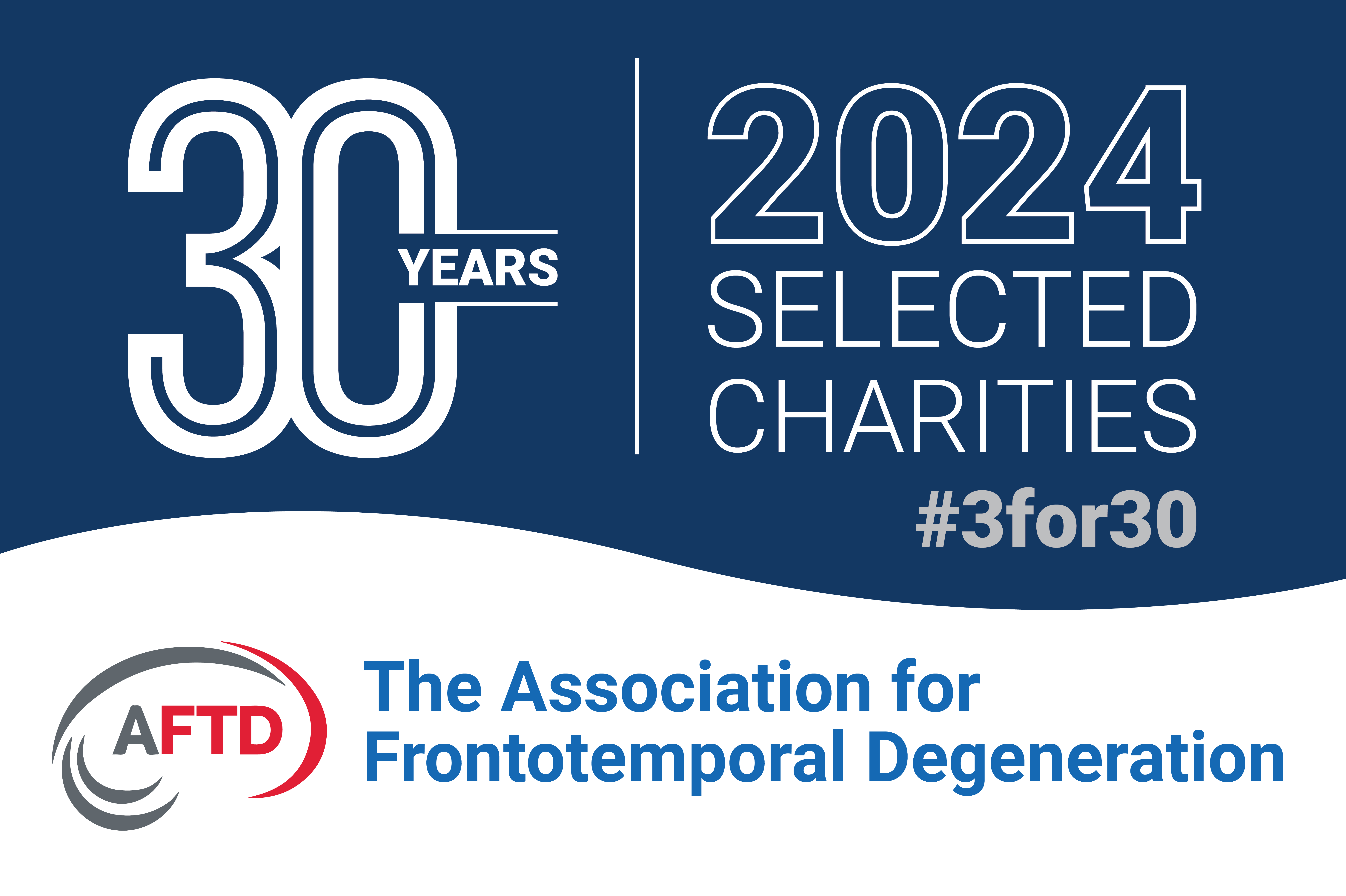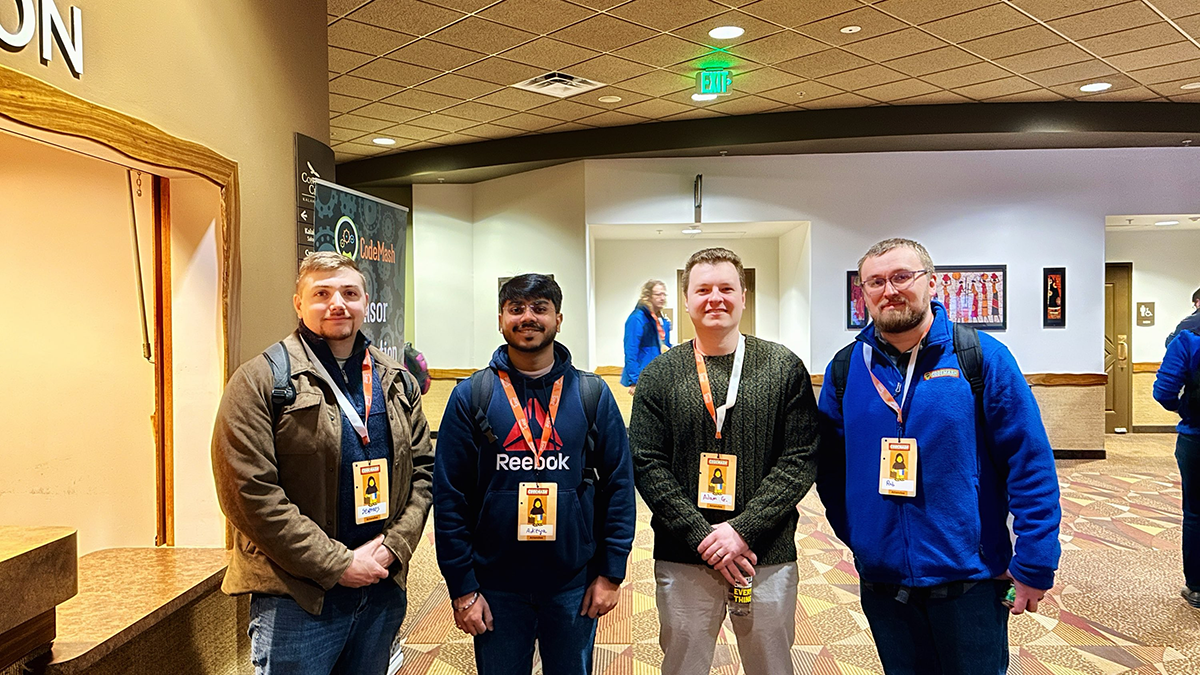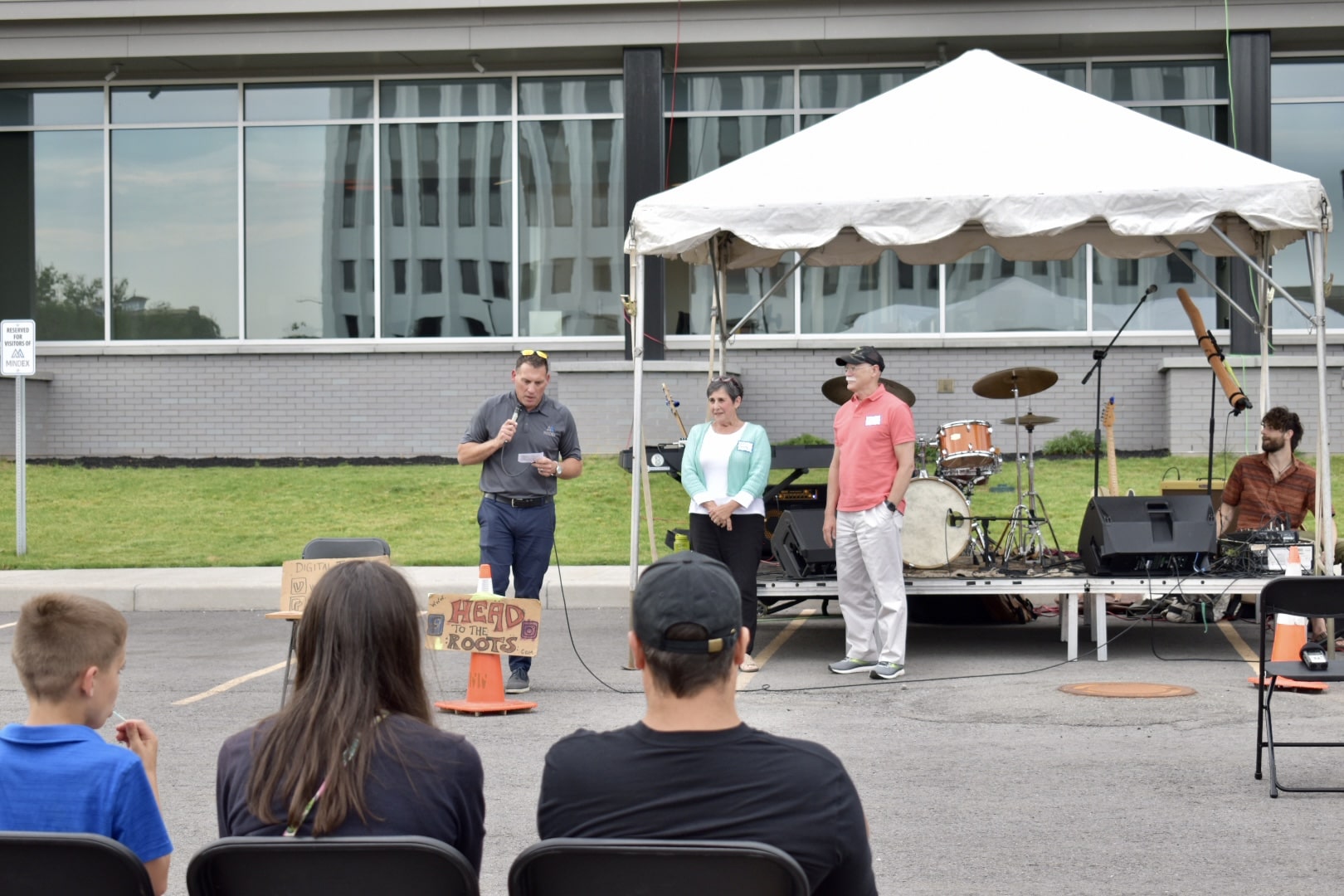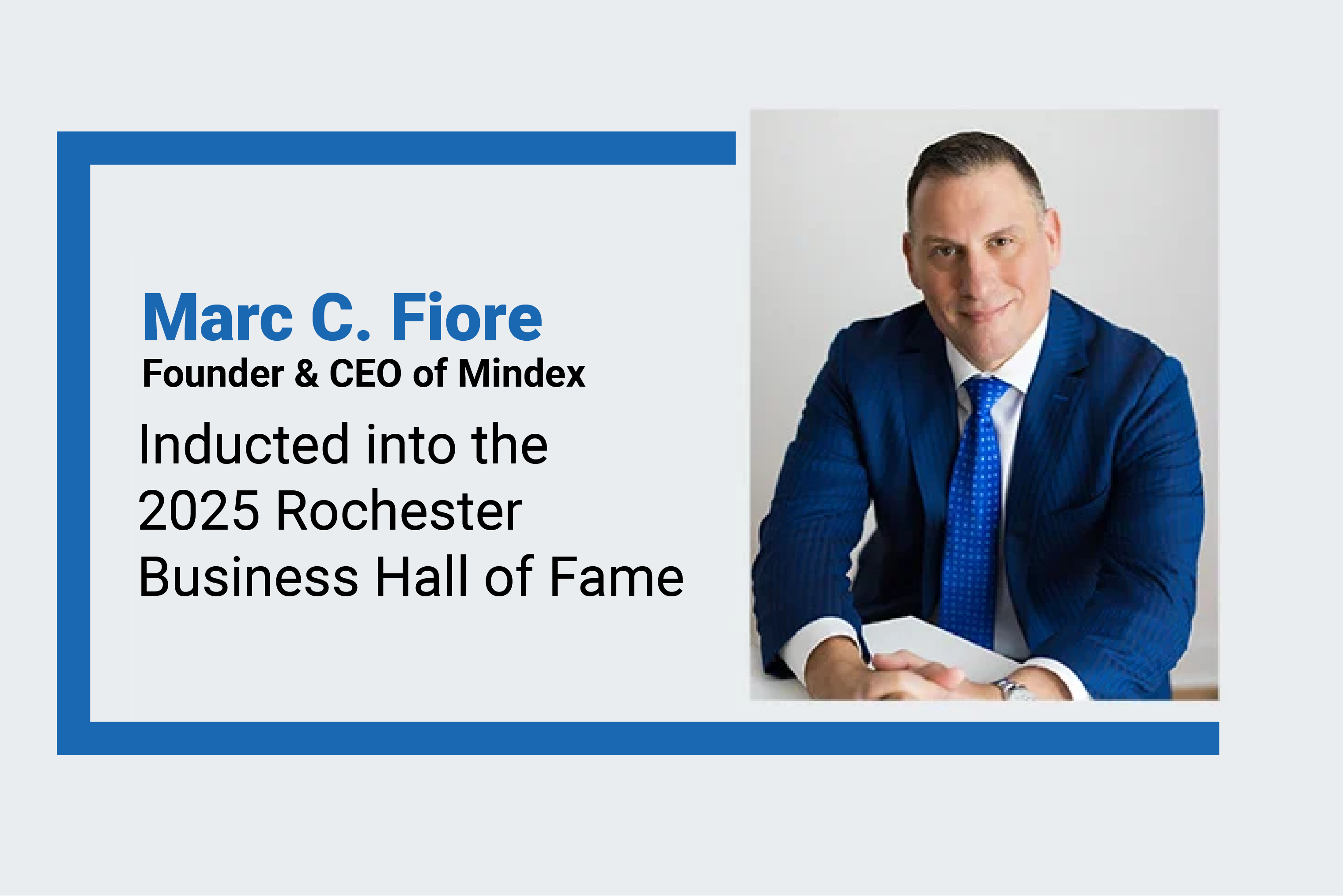Marc C. Fiore Named to the Rochester Business Journal 2026 Power 100
We are proud to share that Marc C. Fiore, President of Mindex, has been recognized on the Rochester Business Journal (RBJ) Power 100 list for 2026....
Transform your manufacturing data into real-time insight with Amazon QuickSight.
4 min read
![]() Mindex
Aug 7, 2024 7:45:00 AM
Mindex
Aug 7, 2024 7:45:00 AM

Since day 1, giving back to our community has always been a key priority for Mindex. While we usually select one main charity to focus our donation efforts on every year, we’ve committed to supporting three charities in 2024 as part of our 30-year milestone— 3 charities to celebrate 30 years! #3for30
The 2024 Selected Charities include:
Over the next couple of weeks, we’ll be sharing more information about how each of these amazing organizations is making a significant impact in their respective areas and within the lives of the Mindex employees who nominated them.
Kelsey: When people hear the word “Dementia” they often think of Alzheimer’s and about the older population, but frontotemporal degeneration (FTD) is the most common form of young-onset dementia that impacts people under age 60. We experienced firsthand seeing the health of my 28-year-old cousin, Billy, decline in a horrific way. Within two years, we saw a young, athletic, going-to-take-over-the-family-business individual decline to the point where he had no cognitive function.
The Association for Frontotemporal Degeneration helps raise money to support research for a cure and really just get information out there because it’s not a very well-known disease and is often misdiagnosed. It takes an average of 3.6 years for someone to get a diagnosis because there isn’t enough known about it and it isn’t typically screened for. Billy had been misdiagnosed multiple times prior… Was he bi-polar? Was it CTE from playing football? We were thinking of all kinds of things we had known of, but this was something we never knew existed. We didn’t know dementia could impact someone of such a young, healthy age.
“What do you mean he has dementia? He’s 28 years old. He’s young. He’s athletic. He’s talented. FTD wasn’t anything we knew about until we were staring it in the face.”
It’s alarming and striking to see these symptoms affecting the younger population who are at the highlight of their career, building a family, and more. This is personal to me, but with anything that affects the cognitive nature of the brain it’s very disheartening to witness. You want to make sure people are as comfortable as possible; the people not only affected by it, but as well as their families who are watching their loved one slowly pass away from this horrible disease.
We’ve got our fingers crossed that someday there will be a cure.
Kelsey: The Association for Frontotemporal Degeneration is well established, so once Billy was diagnosed, we were able to rely on them for information about the disease, timelines, symptoms, stories, outreach and more. Having that was very helpful.
 Additionally, using the knowledge the Association provided, my family was able to continue to help people impacted by the disease through additional fundraisers and efforts within the local Rochester community. For example, once Billy was diagnosed, he needed 24/7 care and was in an assisted living facility called The Homestead at Soldiers & Sailors Memorial Hospital. Due to knowing what kind of care he needed, they were able to help raise money for the Finger Lakes Health Foundation and have a multi-sensory room built at that facility so other people coming in with dementia would have a safe, comforting place to go. Billy lived there right up until he passed away, and they’ve since continued revamping additional areas at the Homestead.
Additionally, using the knowledge the Association provided, my family was able to continue to help people impacted by the disease through additional fundraisers and efforts within the local Rochester community. For example, once Billy was diagnosed, he needed 24/7 care and was in an assisted living facility called The Homestead at Soldiers & Sailors Memorial Hospital. Due to knowing what kind of care he needed, they were able to help raise money for the Finger Lakes Health Foundation and have a multi-sensory room built at that facility so other people coming in with dementia would have a safe, comforting place to go. Billy lived there right up until he passed away, and they’ve since continued revamping additional areas at the Homestead.
Kelsey: They have different fundraising opportunities throughout the year:
People can do things independently or through their business. It’s one of those foundations where you can just reach out and they’ll work with you to set up what you’d like to do. They are very active in helping get fundraisers organized.
Kelsey: With Alzheimer’s, you lose your memories. With FTD, you lose memories and your cognitive function—the basis of who you are. It's devastating.
Both Bruce Willis and Wendy Williams have been diagnosed, so the public’s awareness about FTD is increasing, but it is so uncommon it’s just something you would never think would impact you or your family. It’s easy to think, “It’s rare, it probably isn’t that”, but it could be. It is a brutal thing to witness, and we need to help this become more of a common thing to consider and screen for.
It will negatively impact your family whether your ready for it or not. I hope they find a cure, but for now we just need to keep talking about it.
 Inspired by Kelsey's story and want to donate to this charity's cause or want to learn more?
Inspired by Kelsey's story and want to donate to this charity's cause or want to learn more?Visit The Association for Frontotemporal Degeneration (FTD) website for more information.

We are proud to share that Marc C. Fiore, President of Mindex, has been recognized on the Rochester Business Journal (RBJ) Power 100 list for 2026....

Each year, CodeMash brings together developers, testers, and technologists of all backgrounds to learn, share ideas, and connect. This year’s...

November 10, 2025 (Rochester, NY) – Mindex is proud to announce that it has been ranked #80 on the 2025 Greater Rochester Chamber Top 100 list,...

Gratitude is one of our core values at Mindex, and we are grateful for the opportunities we’ve had to give back to our community. Each year, Mindex...

Mindex announces the hiring of Brian Baniewicz as Chief Technology Officer for the company’scloud service offerings.

We’re proud to share some exciting news: our CEO and Founder, Marc Fiore, has been inducted into the Rochester Business Hall of Fame!